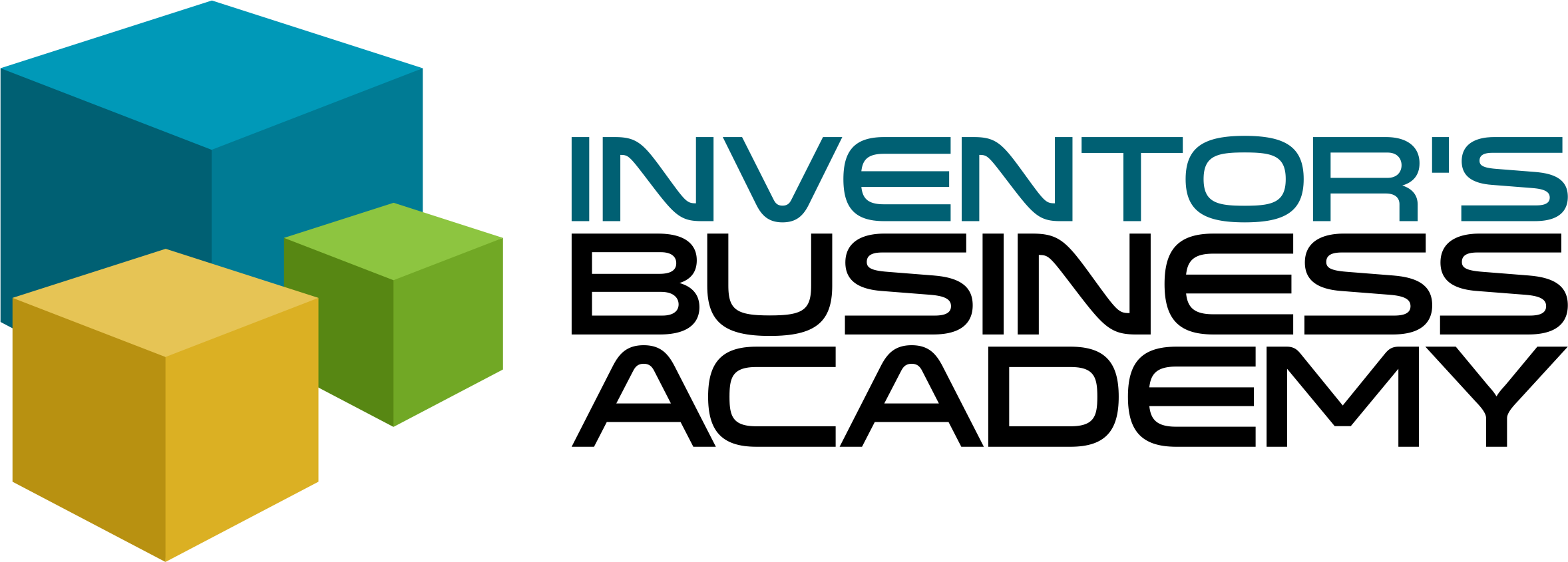Our good friend Jerry Kool autographed his beautiful wooden chart for the highest bidder at a recent silent auction. Jerry donated this piece to our local Yacht Club, who held a fund raiser for a local lady who is suffering from a rare form of cancer.
Is it good PR to make charitable donations? And is it good for business? We think so, as long as the following criteria are met;
- Your Product has to be Relevant to the Event.
The main goal of a charitable event is to raise money. So your product must resonate enough with the crowd that turns up, for someone to bid on it. In Jerry’s case, his products are wooden nautical charts, so were extremely popular with the Yacht club crowd.
If no one bids on your product, or if it’s not sold, it hasn’t achieved it’s purpose of raising money for the event. And its unlikely that you will generate any good will or new business.
- The Cause should be close to your heart.
Or at least meaningful to you in some way. Be authentic. Jerry has a connection with the Yacht Club and knows the lady in question. The cause is also important to him. Therefore the donation was genuine, and people knew that.
Don’t donate to random causes that you know nothing about. It’s a waste of time and money, and comes off as a pure marketing ploy.
Another expensive mistake can be offering to ‘sponsor’ events. Unless you are involved fully in the event, don’t be tempted by “sponsorship deals” that offer certain levels of advertising in return for increasing donations. It’s extremely rare that any new business can be generated by this form of advertising.
- Stay Local
Large charities are rolling fundraiser machines. I’m not saying don’t donate to them, just don’t expect any marketing traction for you in return. Local events will be covered by local press, which is great PR (and free), and best of all, you get to see the benefit of all funds that are raised.
- Be Consistent.
As a local business, you can be called on frequently to donate items, and the costs can add up. Pick one or two causes that mean something to you, establish a “donations” budget and stick to it. When you are approached, it’s then perfectly acceptable to explain that you have already used your annual budget.
The wooden chart was the item that attracted the highest bid of the auction. I asked if the bidder would mind if I took the picture for marketing purposes, and he was happy to help. Jerry got two firm orders for charts while he was at the event, and I understand that he has had more enquiries since. The organisers of the fundraiser were delighted, and also happy that they supported a local business in return.
It was a win-win.



